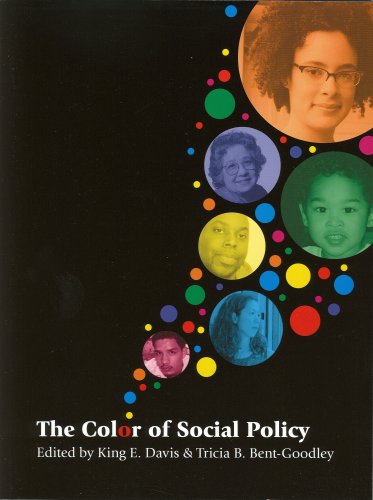This painstakingly well-documented text researches multiple centuries of social policies aimed at the control of people of color in the United States from the earliest years of the Republic to the present day. Beginning with the U. S. colonial period, three chapters provide the historical context for understanding the nature of early decision-making processes that have created a racially divided country. These historical analyses of national and state legislation, executive orders, and court decisions trace the clear link between past and present social policies, as they inform social workers engaged in contemporary efforts toward more equitable social policies. Speaking of fundamental policy matters confronting all human service professions, nine contributing authors discuss specific dimensions of social policy formation wherein race is clearly identified as a key component for evaluating the underlying political motivations and the subsequent effects of policies on individuals of color. The chapters draw out common points of concern connecting people of color through carefully researched analyses of important social issues in health and mental health care, child welfare, domestic violence, juvenile and criminal justice, social security, and welfare reform. Contributing authors put forth a plan of action to bring social work practitioners and educators into a collective mode of action for change at the level of policy advocacy and development. The authors share a common goal to eradicate the barriers to a democratic society by demonstrating through empirical analysis the undermining effects of discrimination on democratic values and institutions. Included are multitude of cases in point to educate students across diverse backgrounds how the formation, implementation, and proliferation of discriminatory social policies is their responsibility to address through knowledge, unity of purpose, and collective action.Council on Social Work Education
We are a nonprofit national association representing individual members and graduate and undergraduate programs of professional social work education. Founded in 1952, this partnership of educational and professional institutions, social welfare agencies, and private citizens is recognized by the Council for Higher Education Accreditation as the sole accrediting agency for social work education in this country.
CSWE Press is a niche publisher that addresses the needs of social work educators. Some of our areas of publishing specialty are
-The philosophy, theory, and practice of teaching
-The process and evaluation of learning
-The organization and structure of social work education
-Diversity in all forms in social work practice and education
-Social work in multiple contexts

